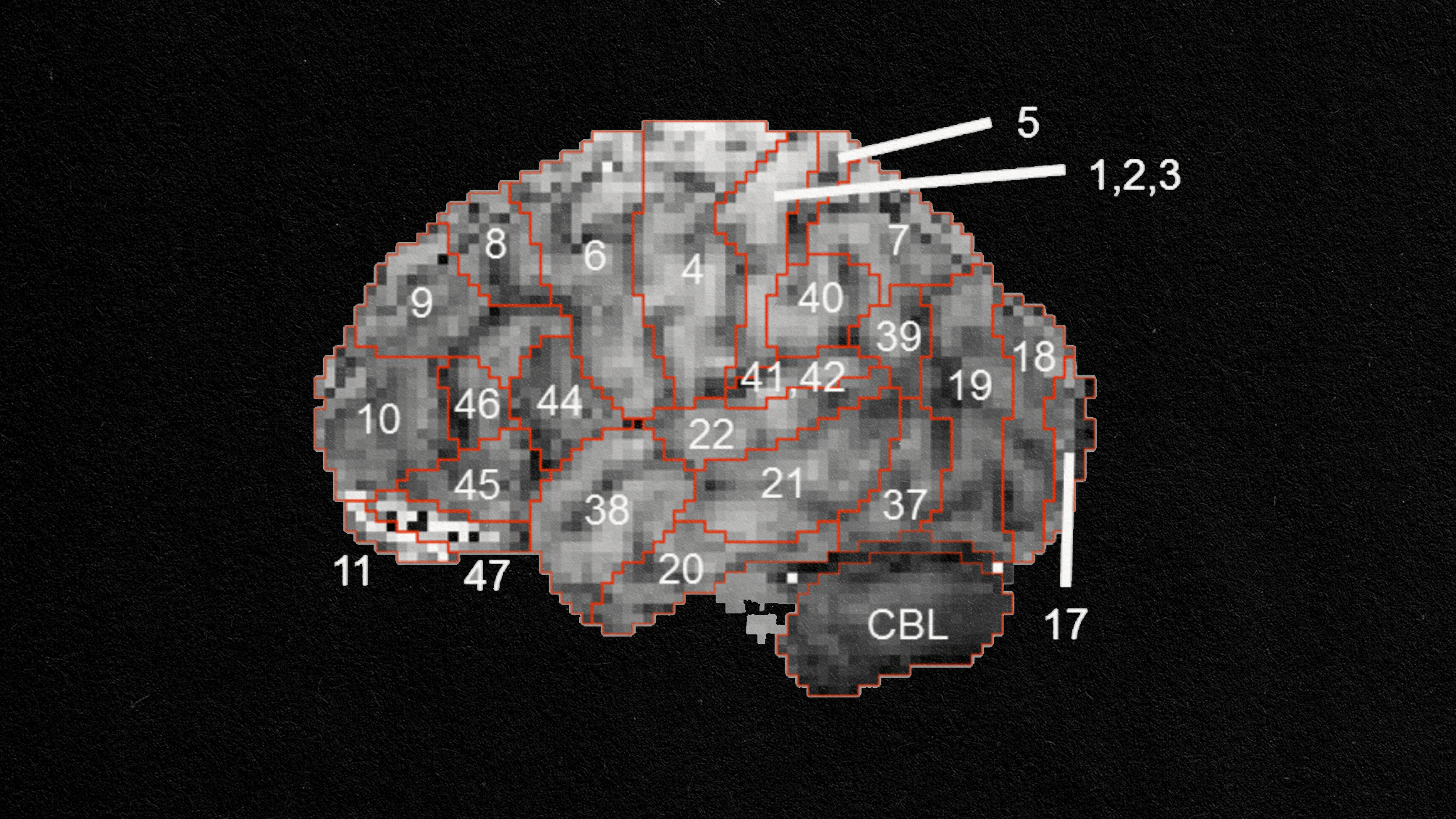Decades long surveys suggest the deleterious effects of smoking may extend to detrimental personality changes

There is increasing recognition that while our personality traits are stable enough to shape our lives profoundly, they are also partly malleable, so that our choices and experiences can feedback and influence the kind of people we become.
A new study in the Journal of Research in Personality shines a light on a highly consequential behaviour that captures this dynamic – smoking cigarettes.
The results add “… to existing knowledge on the implications of smoking by showing that this behaviour is also likely to alter individuals’ characteristic ways of thinking, feeling, and behaving over time,” the researchers said.
It’s already well established that, by virtue of their traits, some people are more disposed than others to take up smoking – namely those who are more extraverted, less emotionally stable and less conscientious. The new research, led by Yannick Stephan at the University of Montpellier, suggests (but does not prove) that this habit can then feedback and shape smokers’ traits.
Using repeated measures of people’s personality traits over many years, the researchers report that smokers display personality changes that are different from those seen in non-smokers, especially in terms of reduced emotional stability and reduced extraversion.
The data come from five large surveys of middle-aged and older volunteers, four in the US and one in Japan. Ranging in size from just over 600 participants to over 6000, the surveys included information on whether the participants smoked and measures of their personality traits collected repeatedly over time spans from 4 to 20 years.
Overall, the results showed that smokers showed declines in emotional stability, extraversion, openness, agreeableness and conscientiousness, relative to non-smokers. However, the precise patterns of change varied across the different samples. The most consistent pattern was for smokers to show relative declines in emotional stability and extraversion.
Stephan and his team also looked to see if stopping smoking had any positive personality consequences. In fact, there was little evidence of this. If anything, stopping smoking was associated with declines in agreeableness. Perhaps, the researchers speculated, this is because of a loss of “smoking-related social interactions”; residual adverse effects of smoking; and due to health-related side-effects associated with smoking cessation, such as “heightened risk of obesity and type 2 diabetes” both of which are known to have unhelpful consequences for personality traits.
The study is impressive for the size of the samples and the use of a longitudinal methodology that followed the same people over time. However, it’s limited by the reliance on participants’ self-reports of their own traits; the lack of information on smoking intensity; the skew towards older participants; and it’s inability to offer insights into why smoking would seem to lead to mostly adverse personality changes.
The researchers speculated that the health-related harms of smoking might be a factor mediating the habit’s apparent effects on personality. Health consequences of smoking such as insomnia, depression and reduced cardio-vascular fitness are known to have negative effects on personality. “Furthermore,” Stephan’s team add, “smoking may alter the energetic capacities needed to maintain emotional stability, the tendency to be exploratory, cooperative and altruistic, self-disciplined and playful, and enthusiastic and active.”
A curious detail in the findings is that, unlike the US samples, differences in personality change were not found among smokers in Japan compared with non-smokers. The researchers said this result may be an extension of what has become known as the “Japanese smoking paradox” – the fact that even though smoking rates are higher in Japan than the US, rates of lung cancer and mortality risk are lower.
Overall, this new research represents “the largest and longest longitudinal examination of the association between smoking and personality change in adulthood,” the researchers said. The results suggest that the “deleterious effects of smoking may extend to detrimental personality changes,” they added.
However, and as the researchers acknowledge, this conclusion, while highly plausible, comes with a hefty caveat – the observational study design cannot prove that smoking causes personality change. It’s possible that another factor or factors, such as stressful life circumstances, both increase the likelihood of people taking up smoking and cause unwelcome long-term personality changes. It’s also possible that pre-existing personality dispositions drive both the uptake of smoking and the later trajectory of personality change over time.
Future research that collects more detailed baseline contextual data on participants may be able to test these possibilities. In the meantime, if you are ever tempted to take up smoking, it is worth considering that it is not just your health you are putting at risk, but quite likely also your personality.
—Cigarette Smoking and Personality Change Across Adulthood: Findings from Five Longitudinal Samples
Christian Jarrett (@Psych_Writer) is Editor of BPS Research Digest and the author of a forthcoming book on personality change.
Reprinted with permission of The British Psychological Society. Read the original article.





